The Best And Worst Vendor Stocks of 2010 (So Far)

Tough Times In The First Half
The first half of 2010 has been a tough time for technology stocks. While the Dow Jones is down 6.3 percent and Nasdaq 7 percent through the first six months of the year, many tech vendor stocks have fared much worse. Here’s a look at some of the best and worst Wall Street performances so far.
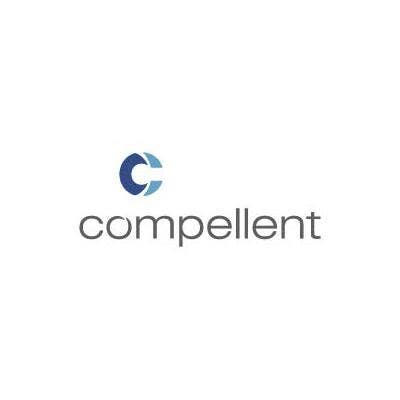
Compellent Technologies
June 30, 2010: $12.12
Dec. 31, 2009: $22.68
Change:-46.8 percent
Compellent’s stock took a nosedive on April 8 after releasing preliminary Q1 revenue figures that were below market expectations. Larger orders were being delayed and seasonality had more of an impact than the company anticipated, according to Phil Soran, president and CEO. Meanwhile, the company expanded its unified storage product line with zNAS, a new controller based on the Oracle-Sun ZFS technology that integrates NAS capabilities into its Storage Center appliance.
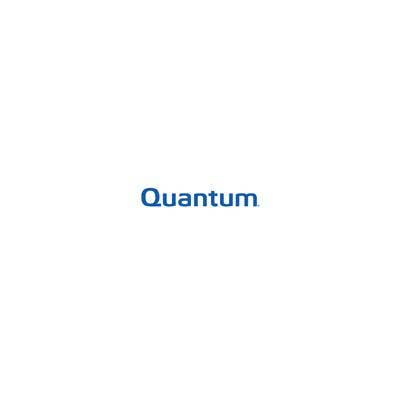
Quantum
June 30, 2010: $1.88
Dec. 31, 2009: $2.93
Change:-35.8 percent
Quantum shares fell in May after the company posted a fourth fiscal quarter loss and sales were below expectations. But the company in May also unveiled the DXi4500, a family of dedupe appliances focused on helping SMBs and remote offices improve their data backup performance by cutting the amount of data to be backed up.
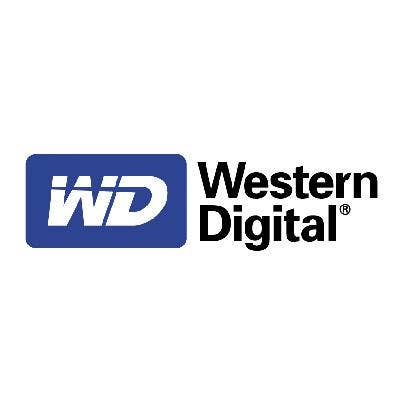
Western Digital
June 30, 2010: $30.16
Dec. 31, 2009: $44.15
Change:-31.7 percent
Western Digital shares closed as high as $44.71 on April 23 after reporting strong profit for the first quarter, but the momentum didn’t last long as the company’s stock saw a steady decline through June. That despite a report from iSuppli that Western Digital claimed the top spot in the category of hard-drive shipments from Seagate. Western Digital shipped an estimated 51.5 million hard drives in the first quarter of 2010, compared to Seagate’s estimated shipments of 50.3 million drivesr, according to iSuppli.
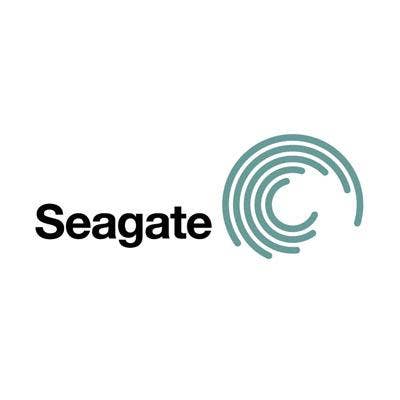
Seagate Technology
June 30, 2010: $13.04
Dec. 31, 2009: $18.19
Change:-28.3 percent
Like Western Digital, it’s hard to pinpoint the reason for Seagate’s poor stock performance. The company’s stock closed as high as $20.77 on April 23 after strong earnings, but it slowly, steadily, declined after that.
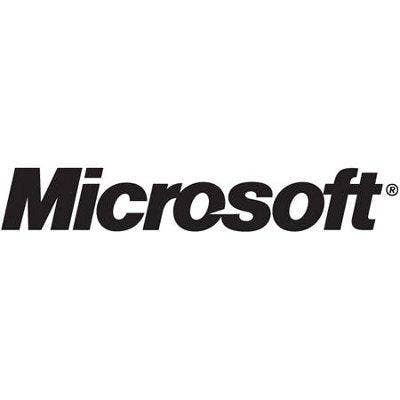
Microsoft
June 30, 2010: $23.01
Dec. 31, 2009: $30.48
Change:-24.5 percent
Weakness in PCs and servers, where Microsoft makes most of its money, may be to blame for the company’s stock decline in 2010, while the company hopes its upcoming Windows Mobile 7 OS can win more share in the hot phone market.
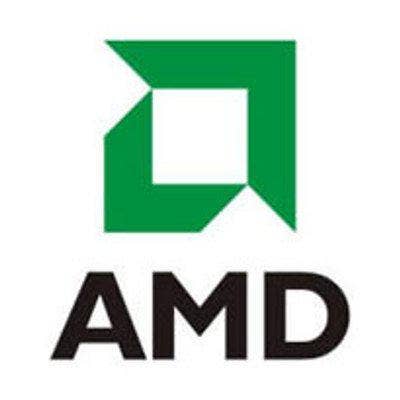
Advanced Micro Devices (AMD)
June 30, 2010: $7.32
Dec. 31, 2009: $9.68
Change:-24.4 percent
AMD reported its second consecutive profitable quarter in April, and a 34 percent year-over-year increase in first-quarter sales, but Wall Street still believes AMD is losing the race with Intel.
Late in June, AMD ramped up the next iteration of its new server product line with the launch of the Opteron 4000 series, formerly code-named Lisbon.
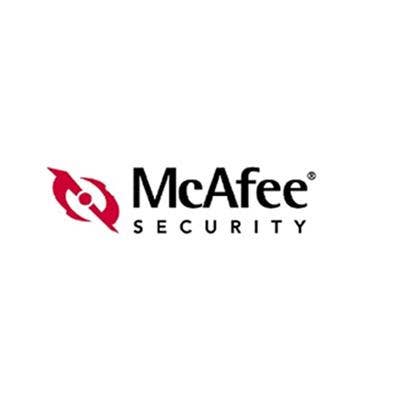
McAfee
June 30, 2010: $30.72
Dec. 31, 2009: $40.57
Change:-24.3 percent
McAfee shares fell nearly $5 per share on April 29 after the company’s profit fell and also missed Wall Street’s expectations. In addition, a faulty antivirus update file didn’t help investors’ confidence either.
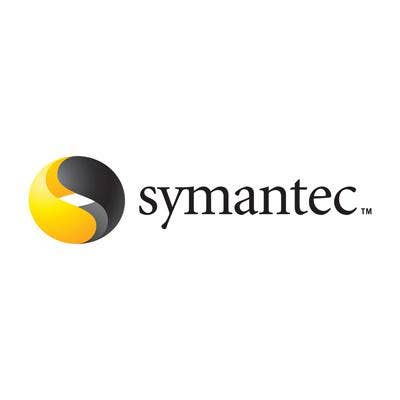
Symantec
June 30, 2010: $13.88
Dec. 31, 2009: $17.89
Change:-22.4 percent
Symantec’s shares fell nearly $1 the day after the company announced it planned to acquire VeriSign Security for $1.28 billion.
The company hopes to increase business that gives SMBs the option to purchase security software as a subscription-based offering. The revamped ExSP program was designed to help partners cut overhead expenses and reward them for their growth by reducing licensing costs as their volume of business increases.
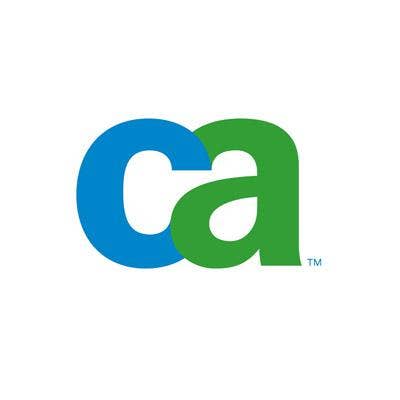
CA Technologies
June 30, 2010: $18.40
Dec. 31, 2009: $22.46
Change:-18.1 percent
CA Technologies changed its name in May, but a new moniker couldn’t help the company’s stock price in the first half.
A month later, the company expanded its ARCserve data protection storage software family with a new MSP offering through Ingram Micro.
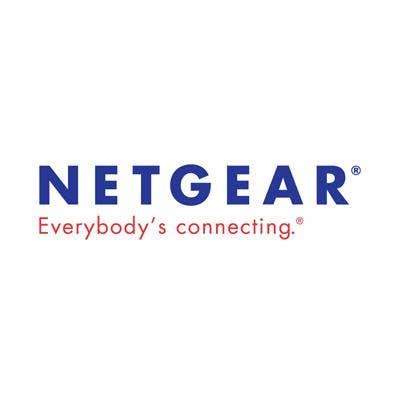
Netgear
June 30, 2010: $17.84
Dec. 31, 2009: $21.69
Change:-17.8 percent
Netgear was on top of the world through the first three and a half months on Wall Street, reaching a 2010 high of $28.72 on April 21. But then the company’s stock lost almost $2 per share on May 4 (on no particularly alarming news) and slowly slid the rest of the second quarter.
In March, Netgear unveiled its first rackmount storage appliances in efforts to move upstream to more SMB-size clients.
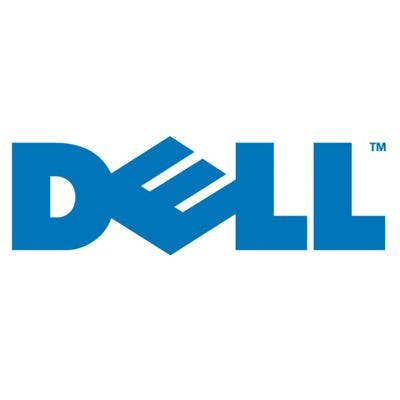
Dell
June 30, 2010: $12.06
Dec. 31, 2009: $14.36
Change:-16.0 percent
Like Netgear, Dell also had a good start to 2010 on Wall Street, reaching $17.50 on April 23. But it’s been pretty much downhill ever since.
Dell introduced a slew of new products in 2010, but perhaps the most interesting, the Android-based Streak tablet, hasn’t been released yet.
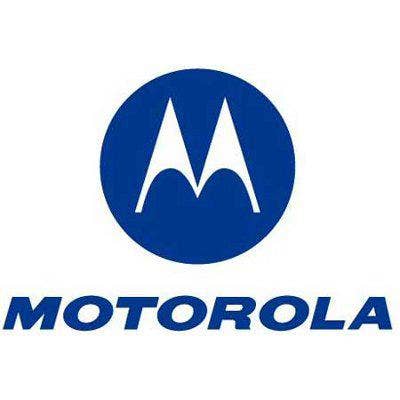
Motorola
June 30, 2010: $6.52
Dec. 31, 2009: $7.76
Change:-16.0 percent
Motorola shares have hovered between the $6.50 and $7.50 range for much of 2010 as the company has stabilized thanks to a hot smartphone market.
The company said it is readying a 2GHz Android handset to arrive by the end of the year to compete with Apple’s iPhone 4.
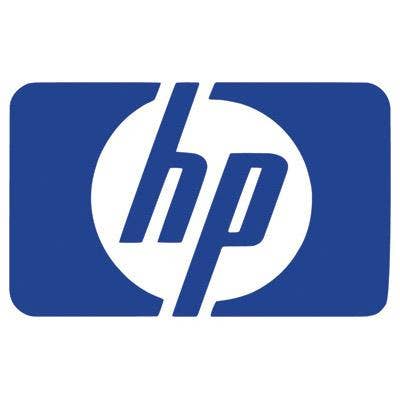
Hewlett-Packard
June 30, 2010: $43.28
Dec. 31, 2009: $51.51
Change:-16.0 percent
Much like other tech companies, HP’s stock crested in late April and started to fall in early May. It fell below $45 for the first time this year on June 29 and fell another dollar the following day to close out the second quarter.
Channel partners know full well that HP has had its sights set on Cisco Systems this year, a strategy recently highlighted by efforts to recruit longtime Cisco partners.
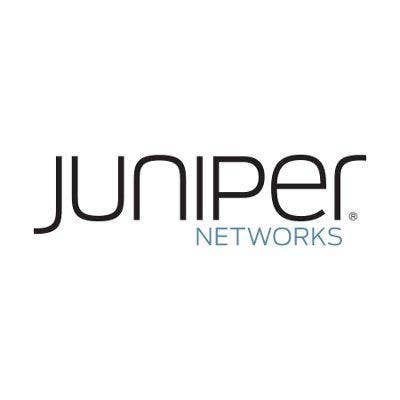
Juniper Networks
June 30, 2010: $22.82
Dec. 31, 2009: $26.67
Change:-14.4 percent
Juniper shares fell more than $2 per share on May 6 after trading at more than $31 in mid-April.
Juniper CEO Kevin Johnson said in May at the company’s J-Partner Summit that services will be a big part of the company’s channel going forward. He cited partner-branded services revenue growing 10 percent over the last year, enterprise revenue in the Americas growing 11 percent, and the number of partners selling the complete Juniper portfolio growing 114 percent.
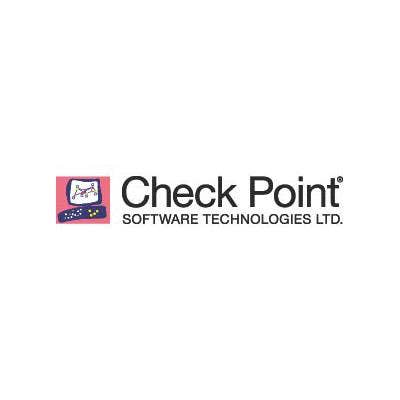
Check Point Software Technologies
June 30, 2010: $29.48
Dec. 31, 2009: $33.88
Change:-13.0 percent
Sometimes, you just can’t win. Check Point reported a first-quarter revenue increase of 26 percent and 21 percent higher profits in late April, but its stock still dropped the next day.
Shares of the Internet security developer dipped below $30 in late May for the first time since October 2009.
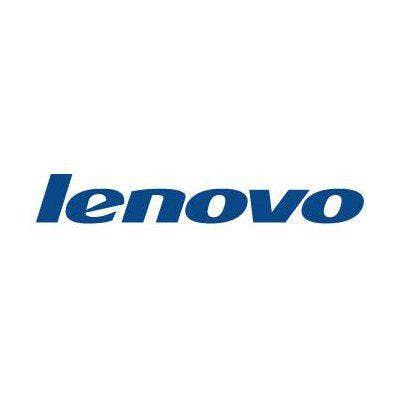
Lenovo Group
June 30, 2010: $10.75
Dec. 31, 2009: $12.35
Change:-13.0 percent
Lenovo lost its channel chief, Stephen DiFranco, to HP in March, but gained a new Think Product Group boss in Peter Hortensius during the first half of the year.
Meanwhile, the company’s stock closed as high as $14.31 in May, but eventually sunk 13 percent through the first six months of 2010.
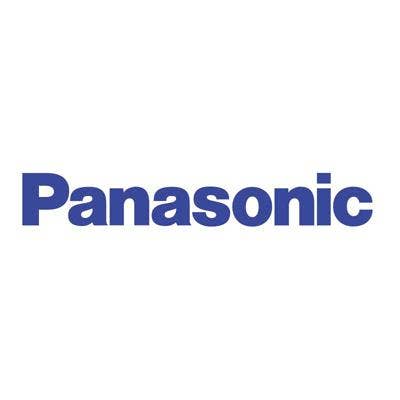
Panasonic
June 30, 2010: $12.53
Dec. 31, 2009: $14.35
Change:-12.7 percent
Panasonic unveiled the Toughbook 31 in May, the "most powerful rugged notebook computer on the planet’ according to Rance Poehler, president of Panasonic Solutions Company.
But Wall Street was apparently looking for more as company’s stock has continued to slide through June.
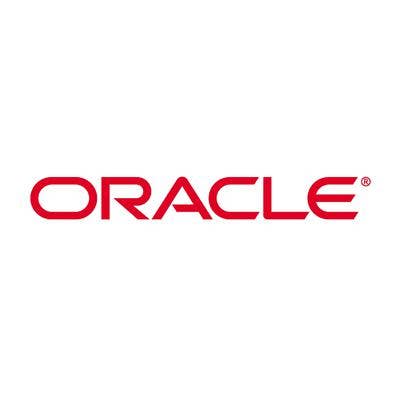
Oracle
June 30, 2010: $21.46
Dec. 31, 2009: $24.53
Change:-12.5 percent
Oracle said on June 24 that its Sun Microsystems business was profitable in the fourth fiscal quarter, but that still hasn’t stopped the company’s stock from sliding 12.5 percent this year. Oracle acquired Sun in January for $7.5 billion and Oracle’s fourth quarter, which ended May 31, was the first full quarter the software giant has owned Sun.
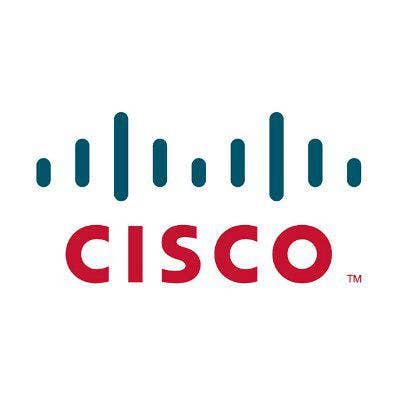
Cisco Systems
June 30, 2010: $21.31
Dec. 31, 2009: $23.94
Change:-11.0 percent
Cisco reported boffo earnings for its fiscal third quarter, with Cisco Chairman and CEO John Chambers describing the quarter as among "the best we've seen in the history of our company." But the company’s stock still fell more than $1 per share the next day, as the company struggled with some supply chain shortages through the first half of the year.
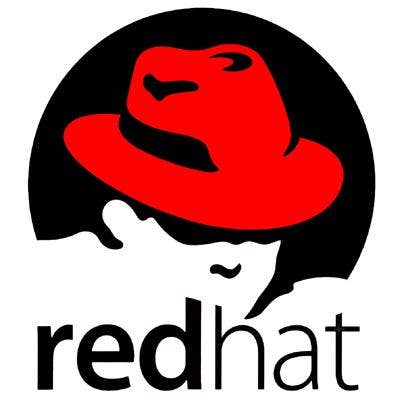
Red Hat
June 30, 2010: $28.94
Dec. 31, 2009: $30.90
Change:-6.3 percent
The good news for Red Hat is that the company’s stock regained some momentum in late June after closing at below $28 earlier in the month. The bad news is that the company’s shares were still down more than 6 percent through the first six months of the year.
Meanwhile, in late June the company unveiled a package of cloud system management tools and services.
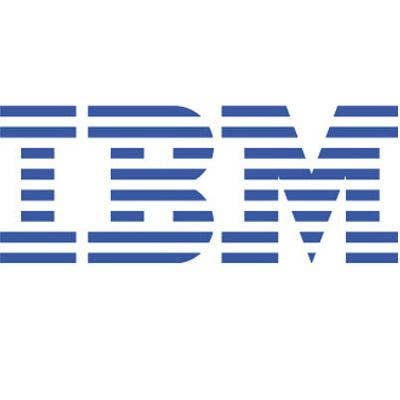
IBM
June 30, 2010: $123.48
Dec. 31, 2009: $130.90
Change:-5.7 percent
IBM shares have been relatively stable in 2010, hovering between $120 and $130. The company reported sales of $22.9 billion for the first quarter, ended March 31, up 5 percent from $21.7 billion in the first quarter of 2009. Net income was up more than 13 percent to $2.6 billion from $2.3 billion one year earlier.
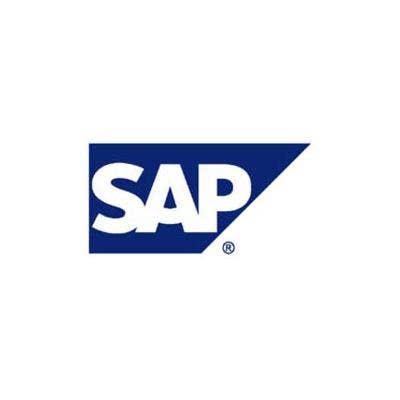
SAP
June 30, 2010: $44.30
Dec. 31, 2009: $46.81
Change:-5.4 percent
SAP announced in May it plans to acquire Sybase in a $5.8 billion deal that will create a software giant able to bring one of the widest ranges of business software to customers across mobile and other enterprise platforms. The deal is worth about $65 per share, which is about a 44 percent premium compared to Sybase’s three-month average stock price.
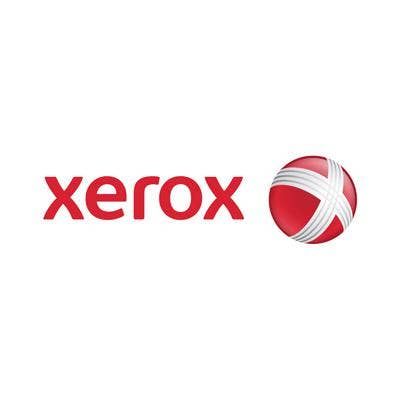
Xerox
June 30, 2010: $8.04
Dec. 31, 2009: $8.46
Change:-5.0 percent
SAP shares were at a 2010 high of $11.10 on April 26 but have been below the $10 mark since mid-May. In early May, Xerox made the bold statement that its managed print services were better than HP's
June 30, 2010: $251.53 Dec. 31, 2009: $210.53
Change: 19.4 percentSo maybe you’ve heard of this iPhone 4? Or the iPad? Apple’s stock continued to rise in 2010, likely helped by the massive hype around the release of its iPhone 4 and iPad tablet this year. The company sold 1 million iPads in only 28 days after its April 3 launch.
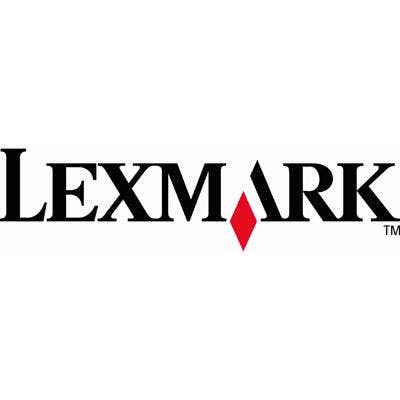
Lexmark International
June 30, 2010: $33.03
Dec. 31, 2009: $25.98
Change: 27.1 percent
Lexmark shares closed as high as $38.30 on June 17 before settling back down by the end of the month. The company agreed to buy Perceptive Software in May for $280 million and the company posted a sharp increase in first-quarter profit, $1.20 per share up from 75 cents per share in the year-ago quarter.
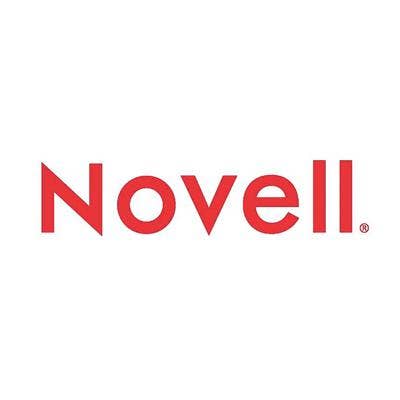
Novell
June 30, 2010: $5.68
Dec. 31, 2009: $4.15
Change: 36.9 percent
Novell shares jumped more than $1 per share on March 3 after the company got a $2 billion buyout offer from hedge fund Elliott Associates.
Three weeks later Novell rejected the offer and in May reports surfaced that as many as 20 companies are interested in buying the software vendor.
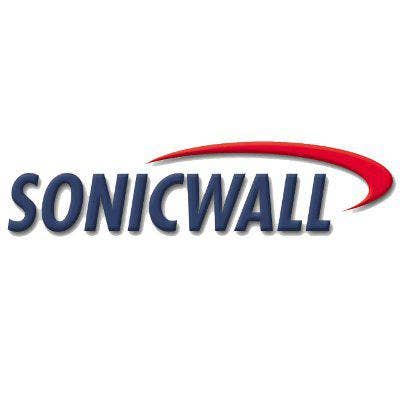
SonicWall
June 30, 2010: $11.75
Dec. 31, 2009: $7.61
Change: 54.4 percent
SonicWall shares skyrocketed from $8.99 to $11.28 on June 3 after the company agreed to be purchased by an investor group led by Thoma Bravo for $717 million.
Under the terms of the agreement, SonicWall shareholders will receive $11.50 in cash for each share of SonicWall common stock held, which represented a premium of approximately 28 percent over the company's closing price at the time.